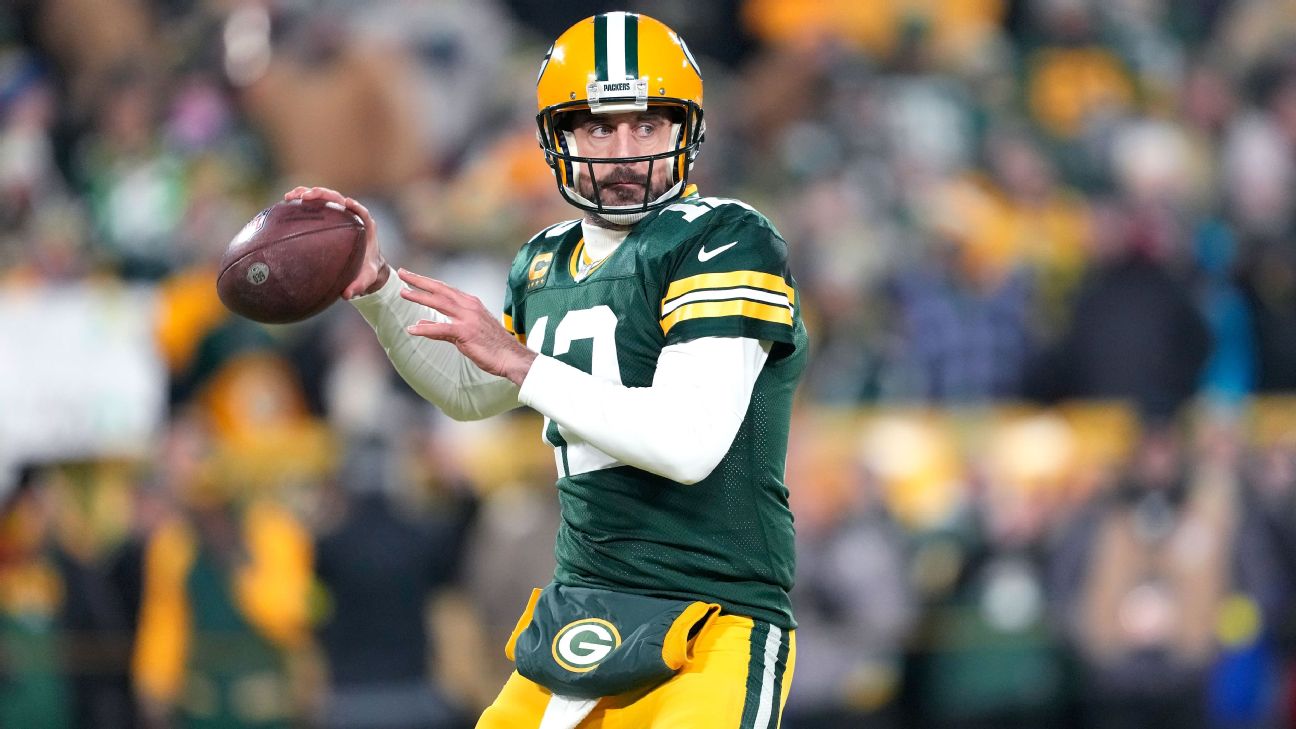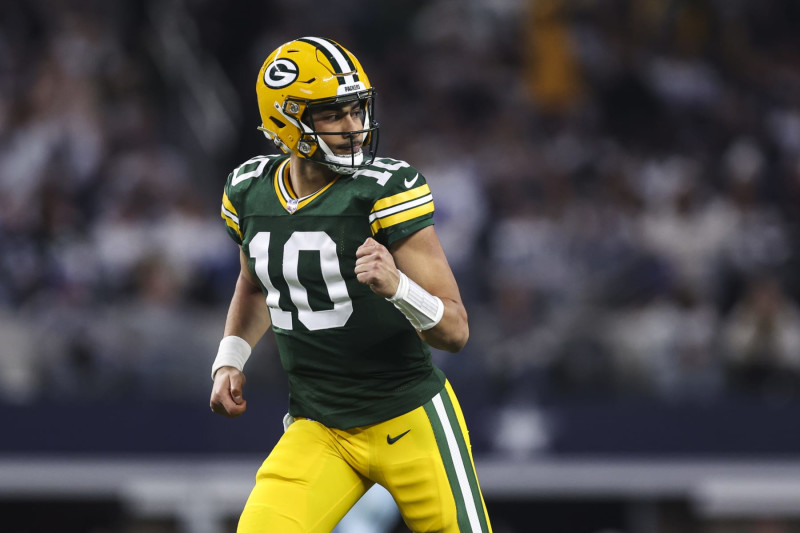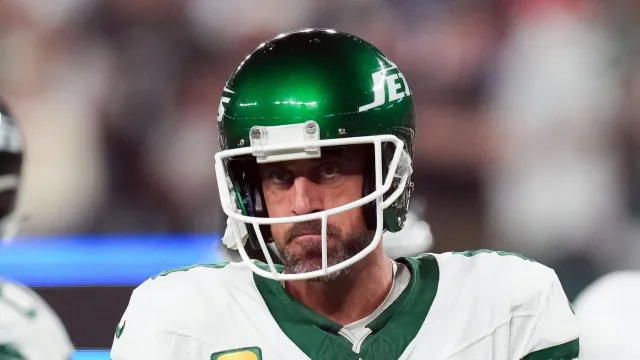Aaron Rodgers’ future, prompting countless inquiries from NFL insiders to casual acquaintances. The prevailing belief was that if Rodgers wished to force change, he would need to create upheaval, akin to strategies employed by other NFL players like Le’Veon Bell and Antonio Brown.
However, Rodgers’ actions have not aligned with this expectation. Despite reports of strained familial relationships, Rodgers hasn’t exhibited a willingness to create turmoil. Vague responses to questions and non-committal statements undermine the notion of a forthcoming standoff with the Packers.
Compounding the issue is the NFL’s new collective bargaining agreement, which imposes hefty fines for player holdouts during mandatory training camps. This prevents players from leveraging holdouts to secure favorable outcomes, a situation Rodgers may not have anticipated when voting against the agreement.
From the Packers’ perspective, Rodgers’ ambiguous stance doesn’t compel action. Public comments from team officials and players indicate ongoing support for Rodgers, further dampening the prospect of a trade.
As the impasse persists, attention shifts to Rodgers. Will he escalate the situation by committing to a holdout, or will financial considerations prompt him to relent? The central question now revolves around the extent of Rodgers’ discontent and its origins, raising doubts about the organization’s commitment to his happiness given his continued performance for the team.



